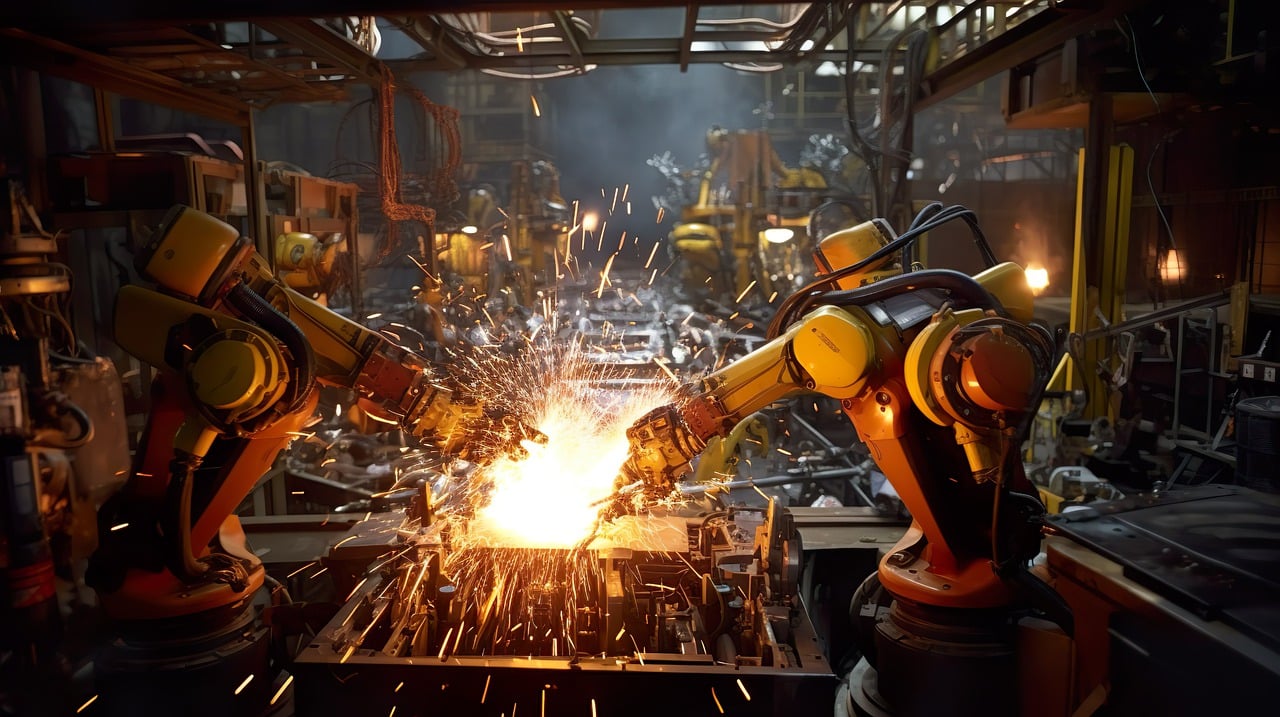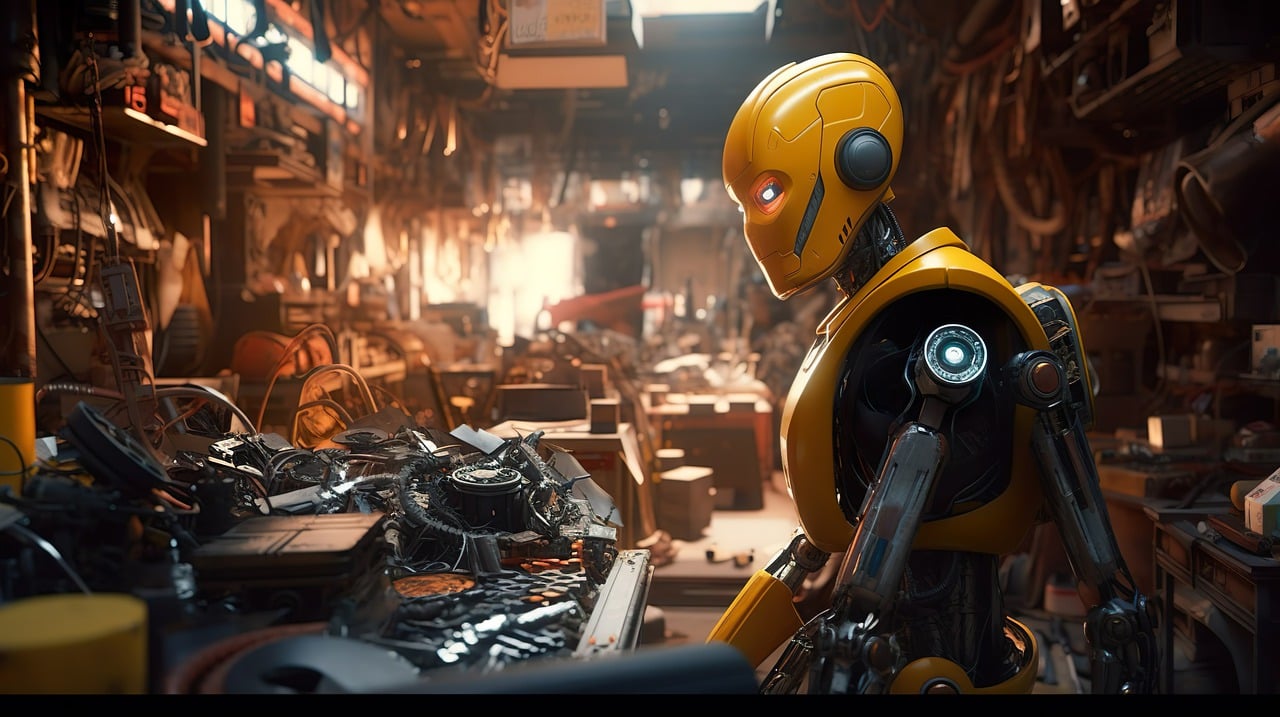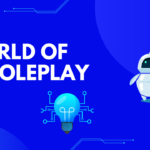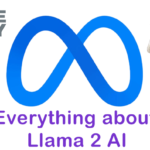In recent years, the rapid improvements in artificial intelligence (AI) have started discussions about its impact on the job market. Because Ai technology continuously growing, there is a huge concern that AI will takeover the jobs. In this blog post, we will explore five jobs that are likely to be affected by AI in the future. While AI offers many benefits and opportunities, it is necessary to examine the possible consequences of its overall adoption.
When will AI takeover?
The question of when AI will completely take over certain jobs is complex and multifaceted. It is important to note that AI technologies are constantly evolving, and their capabilities are expanding at an astonishing pace. While some jobs have already seen significant automation, the timeline for a complete AI takeover may vary depending on various factors. Including technological advancements, regulatory frameworks, and social acceptance.
As AI continues to advance, jobs that involve repetitive, routine tasks and are rule-based are most susceptible to automation. Roles such as data entry, receptionist, and proofreader, which often involve repetitive processes have a higher chance of getting replaced by AI. However, jobs that require complex decision-making, creativity, and emotional intelligence, are less likely to be replaced by AI in the near term.
While the speed and extent of AI takeover remain uncertain, it is crucial to address the potential impact on the workforce. This includes preparing individuals for the changing job landscape through upskilling and reskilling initiatives. Encouraging collaboration between humans and AI systems, and exploring new job opportunities that emerge as a result of AI advancements.
In the following sections, we will dig deeper into five specific job categories that are likely to be impacted by AI. And examining the current landscape, potential challenges, and possible future scenarios.
Will Data Entry jobs takeover by AI?

Data entry jobs are among the most susceptible to being taken over by AI due to their repetitive nature. Traditionally, data entry tasks involve manually inputting large volumes of information into databases, spreadsheets, or other systems. However, with the advent of AI technologies, automated systems can now perform these tasks more efficiently and accurately than humans. The benefits of AI in data entry are evident. AI-powered systems can handle high volumes of data at a faster pace than humans. And it leads to increased productivity and cost savings for the organizations. And you can use axiom.ai to automate data entry without code. It is a browser bot that automate data entry on any website.
Despite the potential impact on data entry jobs, it is important to recognize that AI can also create new roles and opportunities. With automation handling routine data entry tasks, human workers can focus on more complex jobs. Such as value-added activities that require critical thinking, problem-solving, and decision-making skills. Upskilling and reskilling initiatives can help individuals transition into these higher-skilled roles. Also, ensure their continued relevance in the evolving job market.
Assembly Line Jobs

Assembly line jobs are ripe for automation and the integration of AI technologies due to their repetitive and standardized nature. Traditionally, assembly line workers are responsible for performing repetitive tasks, such as assembling parts, operating machinery, or packaging products. However, with the advancements in robotics and AI, these tasks can now be efficiently carried out by automated systems.
AI-powered robots and machines are capable of executing complex assembly line tasks with precision and speed. They can be programmed to perform a wide range of functions. For example, picking and placing objects, welding, painting, quality control, and packaging. These machines are equipped with modern sensors, cameras, and algorithms. So, AI-powered machines can easily understand their environments and make quick decisions with high accuracy.
Customer Service Representatives
Customer service is an area that is rapidly being transformed by AI technologies. AI-powered chatbots and virtual assistants are being employed to handle customer inquiries, provide support, and assist with problem-solving. These intelligent systems are capable of understanding natural language, analyzing customer data, and delivering personalized responses.
One of the key advantages of using AI in customer service is its ability to provide round-the-clock support. Unlike human customer service representatives, who have limited availability, AI-powered systems can operate 24/7. This enhances customer satisfaction and loyalty, as prompt and efficient responses contribute to a positive customer experience. You can use Free Chatbot builder by HubSpot to easily create sequences for your customers without coding
However, it is important to note that AI is not meant to completely replace human customer service representatives. Complex and emotionally sensitive issues may still require the empathy and nuanced understanding that only humans can provide. Instead, AI can work alongside human agents, assisting them in their tasks. Also, they can free up humans’ time by focusing on more complex tasks.
Receptionists

The role of receptionist is traditionally responsible for greeting visitors, managing phone calls, and scheduling appointments. But it’s now being transformed by AI technologies. AI-powered virtual receptionists are becoming increasingly prevalent in various industries, offering automated and efficient solutions to handle these tasks. There is already virtual receptionists like AimeReception that comes with many features.
Additionally, AI receptionists can handle incoming phone calls and direct them to the appropriate departments or individuals. By leveraging natural language processing, these intelligent systems can understand caller inquiries and provide relevant information or route the call accordingly. This streamlines communication and ensures that callers receive prompt and accurate assistance, even outside of regular business hours.
However, it is important to note that while AI receptionists can efficiently handle routine tasks, they lack the human touch and interpersonal skills. Building rapport, empathetic communication, and handling complex situations that require human judgment are areas where human receptionists excel. Therefore, a complete AI takeover is not enough for the job role of receptionist. It needs both human touch and effectiveness.
Proofreaders and Translators
Proofreaders and translators are professionals who play a crucial role in ensuring the accuracy and quality of written content. However, with the advancements in artificial intelligence, their jobs may be at risk of AI takeover.
AI-driven proofreading tools are becoming increasingly sophisticated in identifying grammar, spelling, and punctuation errors in written texts. These tools utilize natural language processing algorithms to analyze the context and provide suggestions for improvements. They can quickly scan and analyze large volumes of text, significantly reducing the time and effort required for proofreading tasks. As a result, AI proofreading tools offer faster and more efficient error detection. Also, potentially rendering the traditional role of human proofreaders outdated.
Similarly, AI-powered translation tools are rapidly advancing in their ability to accurately translate written content between languages. Machine translation algorithms, powered by neural networks and deep learning techniques, are improving their language comprehension and translation capabilities. These tools can process and translate large volumes of text in a fraction of the time it would take a human translator. But unlike AI translators and proofreaders, humans can bring the cultural context to their work. It’s also very important when working with a translation. Also, there is tools like DeepL Translate that works awesomely when you need to translate any language.
We have to understand the potential implications. It is crucial to strike a balance between holding the benefits of AI while also ensuring that humans remain at the center. We have to ensure that we keep upgrading our skills to avoid being takeover by AI.





